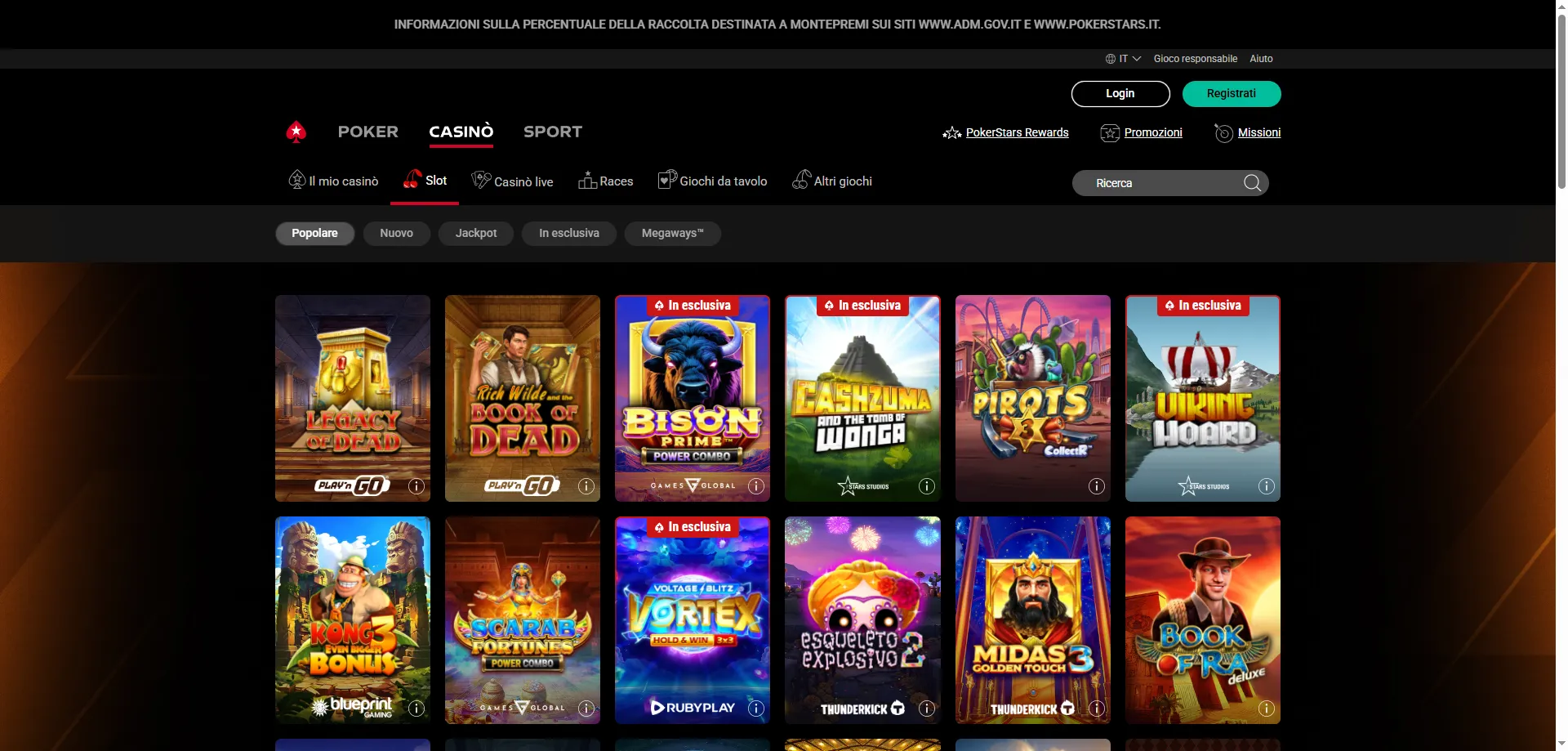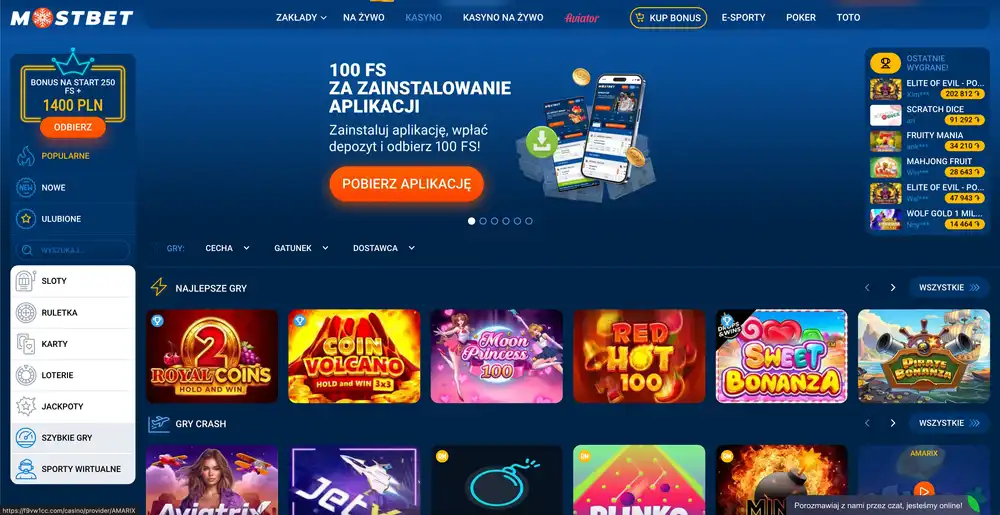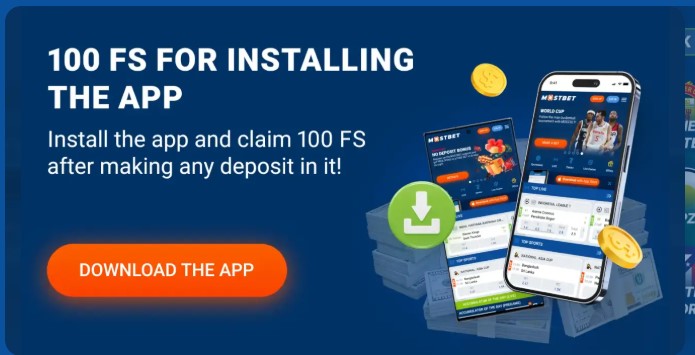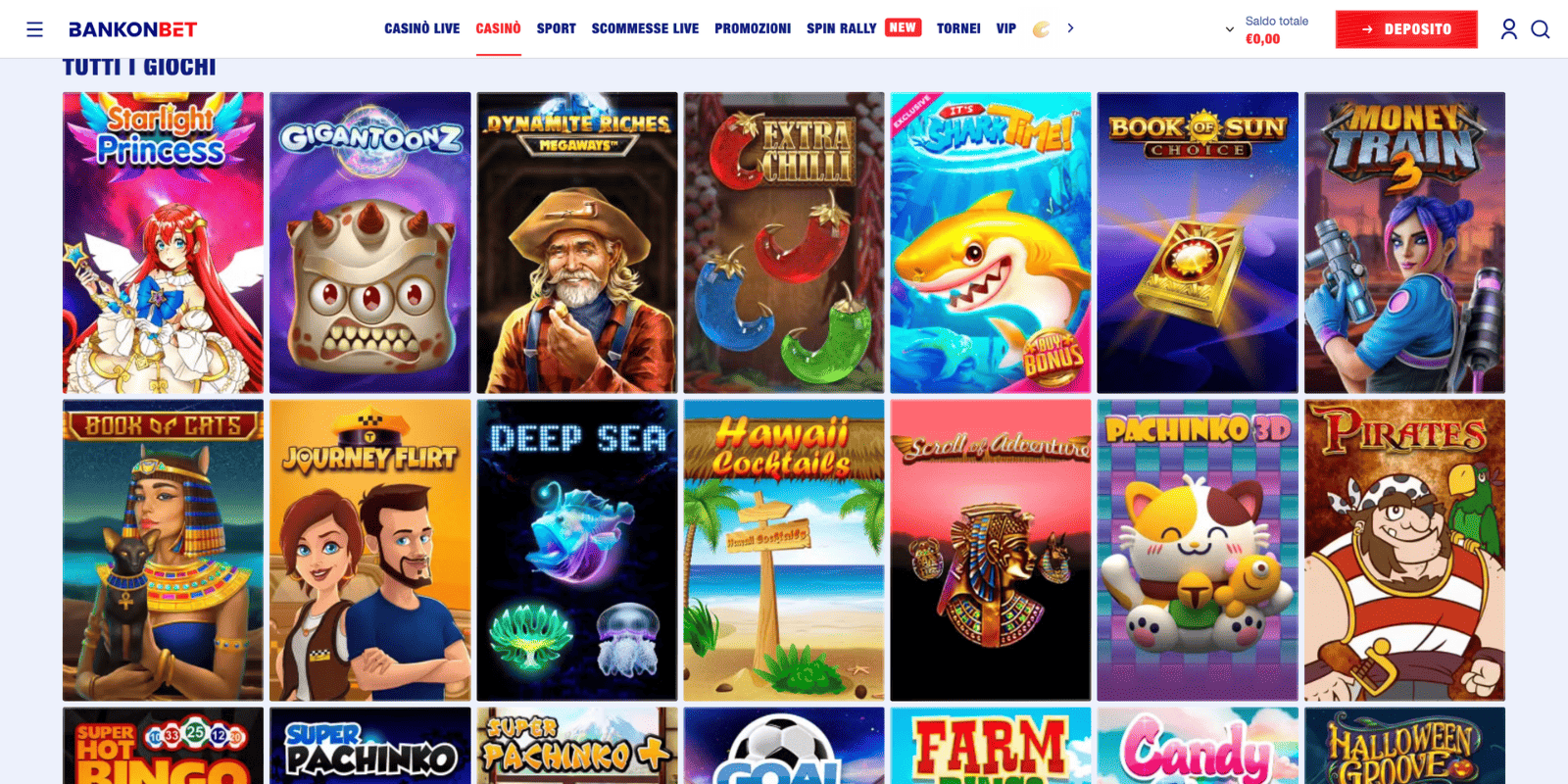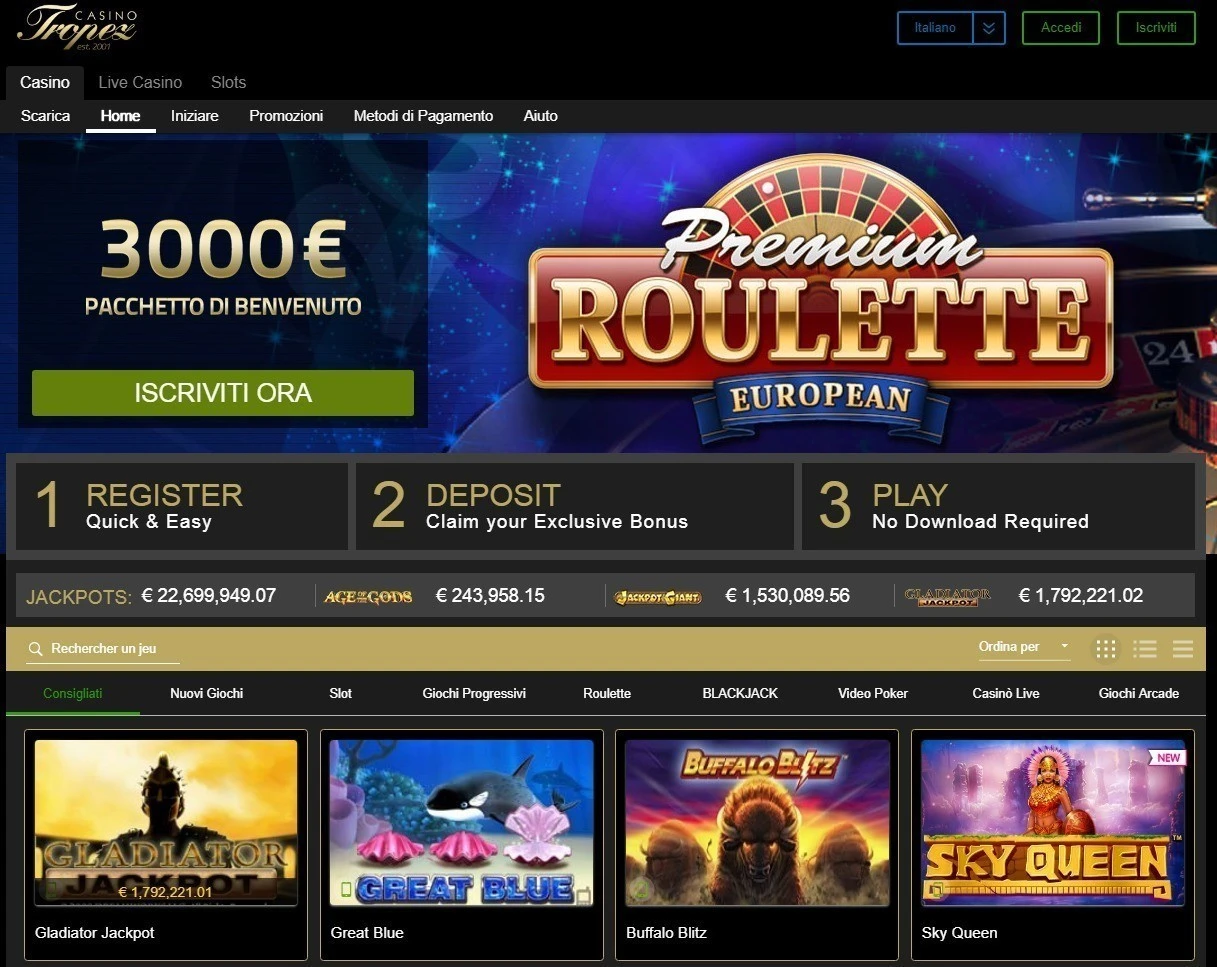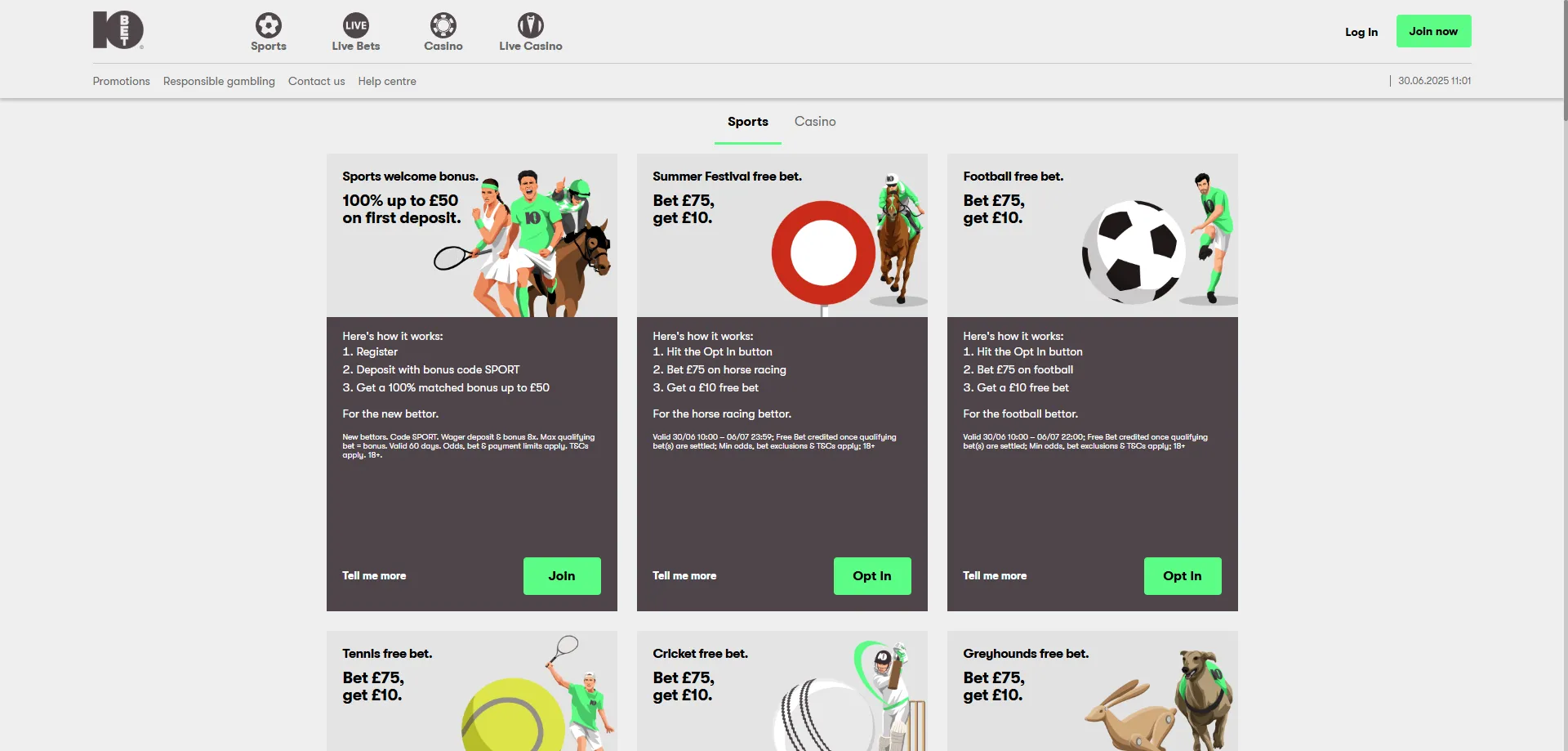Ever feel like your poker game is being held hostage by long verification processes, withdrawal delays, and inflexible rules? You’re not alone, my friend. More and more players — from casual card sharks to grinders playing the long game — are ditching the slow, restrictive platforms in favor of Non-AAMS poker sites. If you’ve been wondering where to play poker without limits and still stay secure, you’re in the right place. The brand siti poker non AAMS is gaining attention for delivering exactly that: freedom, thrill, and peace of mind.
🎯 What Are Non-AAMS Poker Sites – And Why Do They Matter?
Let’s break it down like we’re sitting at the table. Non-AAMS poker sites operate outside the control of Italy’s regulatory body — Agenzia delle Dogane e dei Monopoli (AAMS). Instead of playing by Italian rules, they operate internationally under licenses from major global gaming regulators such as:
- Malta Gaming Authority (MGA)
- Curacao eGaming
- UK Gambling Commission
- Anjouan Gaming Board
So why does it matter? Because it allows these poker platforms to offer:
- 🥇 Bigger welcome bonuses and loyalty programs
- 🔥 Flexible betting limits
- ⚡ Fast (often same-day) withdrawals
- 🕶️ Greater player anonymity — yes, even crypto deposits!
- 🌍 Access for international players, not just Italians
🏆 Top 5 Non-AAMS Poker Sites in 2025
You’re here for the good stuff, right? Below are some of the most trusted, exciting, and secure Non-AAMS poker sites you can jump into today. These platforms were chosen based on player reviews, payout speed, traffic levels, and game variety.
| Poker Site | Licensing Authority | Welcome Bonus | Payout Speed | Highlight |
|---|---|---|---|---|
| GGPoker | Isle of Man | 100% up to $600 | Within 24 hours | Massive tournaments & high traffic |
| CoinPoker | Anjouan | 5000 CHP tokens | Instant Crypto | Blockchain-based poker & privacy |
| BetOnline Poker | Panama | 100% up to $1000 | 1–2 days | Accepts crypto + US-friendly |
| Intertops Poker | Curacao | 200% up to $1000 | 24–48 hours | Consistent cash traffic |
| SwC Poker | Unlicensed (but audited) | Free BTC chips | Instant BTC withdrawals | Anonymous, privacy-first |
♠️ Why Players Prefer Non-AAMS Poker Rooms
Let’s be honest — traditional poker rooms tied to AAMS can feel like you’re trying to play cards with handcuffs on. Whether it’s frustrating KYC processes or overly cautious withdrawal verifications, some players just want to get in, dominate the tables, and cash out. Here’s what makes Non-AAMS rooms a better bet for many:
1. No Annoying Limits
Want to raise big in a high-stakes Texas Hold’em game? Some AAMS rooms will stop you cold. Non-AAMS platforms let you play your hand your way, without annoying “protection” caps.
2. Crypto-Ready
Bitcoin, Ethereum, even USDT — most Non-AAMS poker sites are crypto-friendly. That means faster deposits, anonymous gameplay, and withdrawals that happen faster than you can say “all-in.”
3. Real Traffic, Real Action
No dead rooms. Sites like GGPoker and BetOnline boast thousands of active players every day, whether it’s early morning for you or the middle of the night. It’s Vegas, but global.
4. Software That Doesn’t Suck
Modern Non-AAMS poker sites offer sleek, responsive platforms you can play on mobile, tablet, or desktop without clunky interfaces or frequent crashes.
📈 Stats That Tell the (Poker) Story
Let’s pull out some numbers. According to the 2024 Global Poker Report:
- 👥 Over 42% of AAMS players switched to Non-AAMS sites in the last 18 months
- 💰 The average withdrawal processing time on Non-AAMS platforms is under 17 hours
- 🔐 66% of poker players cite “privacy and faster payments” as their top reasons for switching
- 🎉 75% reported Non-AAMS poker sites had better tournament structures and prize pools
💸 Bonus Time: Comparing Offers
Bonuses are more than just flashy numbers — they set the tone for your experience. Here’s how some of these Non-AAMS poker sites stack up:
| Site | Bonus Type | Max Value | Wagering Requirements |
|---|---|---|---|
| GGPoker | Deposit Match | $600 | Released in increments |
| BetOnline | Deposit + Tournament Tickets | $1000 + Freeroll Access | 15x playthrough |
| CoinPoker | CHP Token Bonus | 5,000 CHP | No wagering; token fluctuation applies |
💡 How to Choose the Right Non-AAMS Poker Site
Think of picking a poker site like choosing a table at the World Series. Not every one’s right for your game. Here’s a quick checklist:
What to Look For:
- ✅ Licensed by a reputable international authority
- ✅ Accepts crypto & eWallets for faster withdrawals
- ✅ Large player pool and active tournaments
- ✅ Good user reviews and active community
What to Avoid:
- 🚫 No licensing or transparency
- 🚫 Only bank transfer withdrawals — too slow
- 🚫 Negative payout or “scam” reports on forums
🧠 Poker Site Formula: Find Your Perfect Match
Here’s a fun way to rate any poker site for performance:
Poker Power Score = (Traffic × Bonus Value × Speed) / Complaints
Let’s say GGPoker has high traffic (10), $600 bonus value (8), fast withdrawals (9), and only a low rate of complaints (2):
(10 × 8 × 9) / 2 = 360 Poker Power Score
The higher the score? The closer you are to poker paradise 🎯
🎙️ Real Story: From Frustration to Fortune
Mario, an Italian semi-pro player, found himself frustrated with AAMS poker rooms. Constant ID verifications and payout delays made his grind almost unplayable. He switched to CoinPoker, a blockchain-based Non-AAMS platform. In under two months, he cleared over €4,000 in winnings, all withdrawn in ETH within hours. His take? “It feels like poker the way it was meant to be — no nonsense, just cards and cash.”
❓ FAQs: Your Burning Questions Answered
👉 Are Non-AAMS poker sites legal?
Yes, they’re legal in their licensing jurisdictions. It’s always wise to check your local laws, but most players worldwide use these sites without issues.
👉 Is it safe to play with crypto?
Totally — if you’re on a reputable site. Blockchain transactions are transparent and ultra-secure.
👉 Can I still join tournaments and big events?
Absolutely. Many Non-AAMS sites host massive MTTs, satellites to WSOP, and unique crypto-only tourneys.
👉 Do I need to verify my identity?
Some do basic KYC. Others like CoinPoker or SwC Poker allow full anonymity, especially for crypto users.
🎯 Final Thoughts: Is It Time to Go Non-AAMS?
Look — if your current poker routine feels more like red tape than Royal Flushes, it’s time for a switch. Non-AAMS poker sites offer a modern, secure, flexible way to play the game you love. Whether you’re looking to go big in tournaments, play anonymously, or just want fast payouts, you’ll find your home among the siti poker non AAMS.
So here’s the deal… Ready to fold the old rules and deal yourself a better hand?
